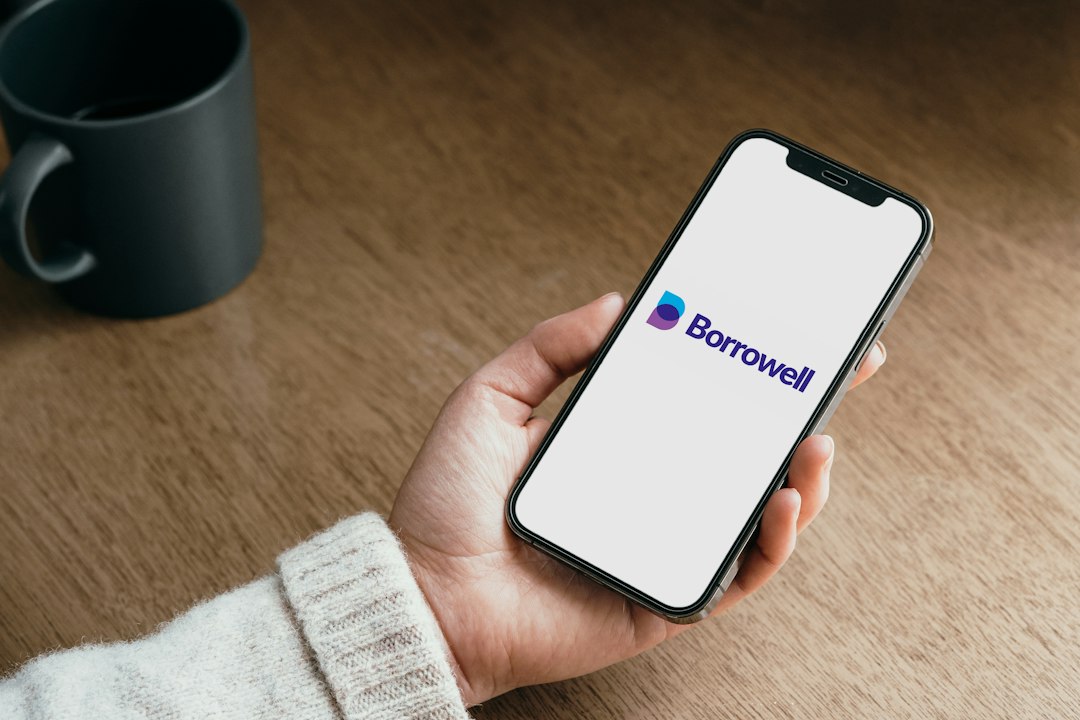Lack Of A “Minimum Threshold” in the New Rules
Coinbase has responded to the US Treasury’s proposed rule on crypto mixing by submitting a letter to the Financial Crimes Enforcement Network (FinCEN). In the letter, Coinbase challenges the notion that crypto-mixing services are primarily used for illegal activities and money laundering. The Chief Legal Officer of Coinbase, Paul Grewal, took to social media to present the exchange’s thoughts on the proposed rule. Grewal argues that the rule lacks a “minimum threshold,” which would result in bulk reporting of all mixing activities, regardless of their value. He suggests that if a new rule is necessary, it should include a money threshold and be a recordkeeping requirement instead of a reporting one.
The Importance of Financial Privacy
Crypto mixers can be used for illicit activities, but their main purpose is to help users maintain their privacy and make crypto transactions harder to trace. These tools protect users and enhance their security by preventing potential malicious parties from tracking transaction history. Coinbase’s letter emphasizes that desiring financial privacy is not suspicious or illicit. Previous regulations have led to sanctions and bans on crypto mixers, but it is important to remember that these tools serve legitimate purposes as well.
Hot Take: Striking a Balance Between Regulation and Privacy
The response from Coinbase highlights an ongoing debate between regulation and privacy in the crypto industry. While it is crucial to prevent illegal activities, it is equally important to protect users’ financial privacy. The proposed rule on crypto mixing raises concerns about bulk data collection and reporting requirements without a regulatory gap or minimum threshold. Coinbase suggests that if new regulations are necessary, they should be more targeted and provide specific guidance rather than mandatory bulk reports. Striking a balance between regulation and privacy will be crucial for the future of the crypto industry.





 By
By
 By
By
 By
By
 By
By
 By
By
 By
By